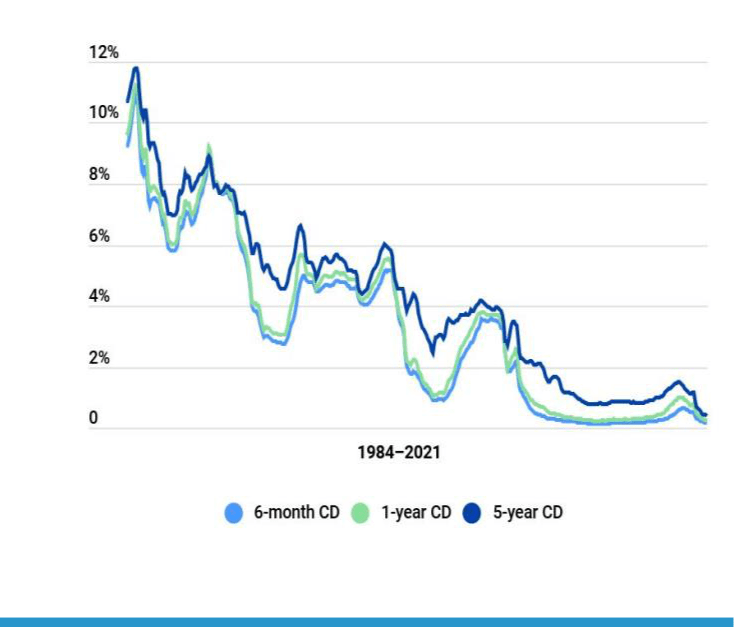Tips to develop a sense of command and control over your financial future
Most of us cannot imagine the sudden loss of our spouse. Yet, difficult as it may seem to accept, U.S. Census data indicates that the overwhelming majority of married women will be on their own for a significant number of their later years.
Should this happen to you, you might be thrust into economic self-survival at a time when you may feel particularly vulnerable and least able to cope. Nevertheless, serious decisions would have to be made, often having a lasting impact on your future financial well-being.
Planning for the Unimaginable
There is an unpredictable aspect of “sudden loss” in that we never quite know how we will react to certain events until they actually occur.
While no one can ever be totally prepared to deal with personal trauma compounded by legal and financial matters, there are steps you can take to help you navigate through this difficult period.
The key is to find a way to help provide structure in your life at a time when structure may be disintegrating.
It Happened…What Do I Do?
When the initial shockwaves hit, there are matters that will require immediate attention: notification of family and friends; funeral arrangements; and contacting an attorney to review the will and handle the legal aspects of your spouse’s estate.
Let your closest friends and most trusted advisors help you with some of these details and short-term decision-making, but proceed with caution regarding major financial decisions such as whether to sell your home, borrow or lend money, invest, make major purchases, and make work/career changes.
During this period, you will most likely face competing demands on your financial resources. If your spouse was the primary income earner, it may take some time to assess your financial situation. During the first few months, pay bills that need to be paid, but spend cautiously, paying attention to cash flow and liquidity.
Rebuilding After the Shockwaves
Certain timetables (e.g., timely filing of tax returns) can’t be overlooked, but much of the financial recovery process should be orchestrated to match your emotional recovery.
Some of the important aspects that will have to be addressed eventually will include assessing the needs of dependent children; making housing decisions; determining your income needs; making decisions about insurance settlements; evaluating your insurance needs; and managing money on your own.
Many of these decisions may flow naturally from an appraisal of your needs (and/or desires) to participate in the workforce.
• Will you want to work?
• Will economic necessity dictate that you must work?
• If you are currently employed, will you stay in the same position?
• If you have not worked for some years, how well will your skills fit the job market?
• Will you need to acquire more education or enhance your technical skills?
While professional advice will be helpful, don’t allow yourself to be pressured in areas in which you need more time. Your goal should be to develop a sense of command and control concerning your financial future. Align yourself with advisors who will have the patience to work with you at your pace, advisors who will help you gain the knowledge and confidence necessary to go it alone.
Obviously, the earlier you begin to educate yourself concerning financial matters, the better prepared you will be to withstand the impact of facing sudden loss. The quality of your life may depend on your financial skills and your willingness to take responsibility for managing your own financial affairs.
Copyright © 2022 FMeX.

